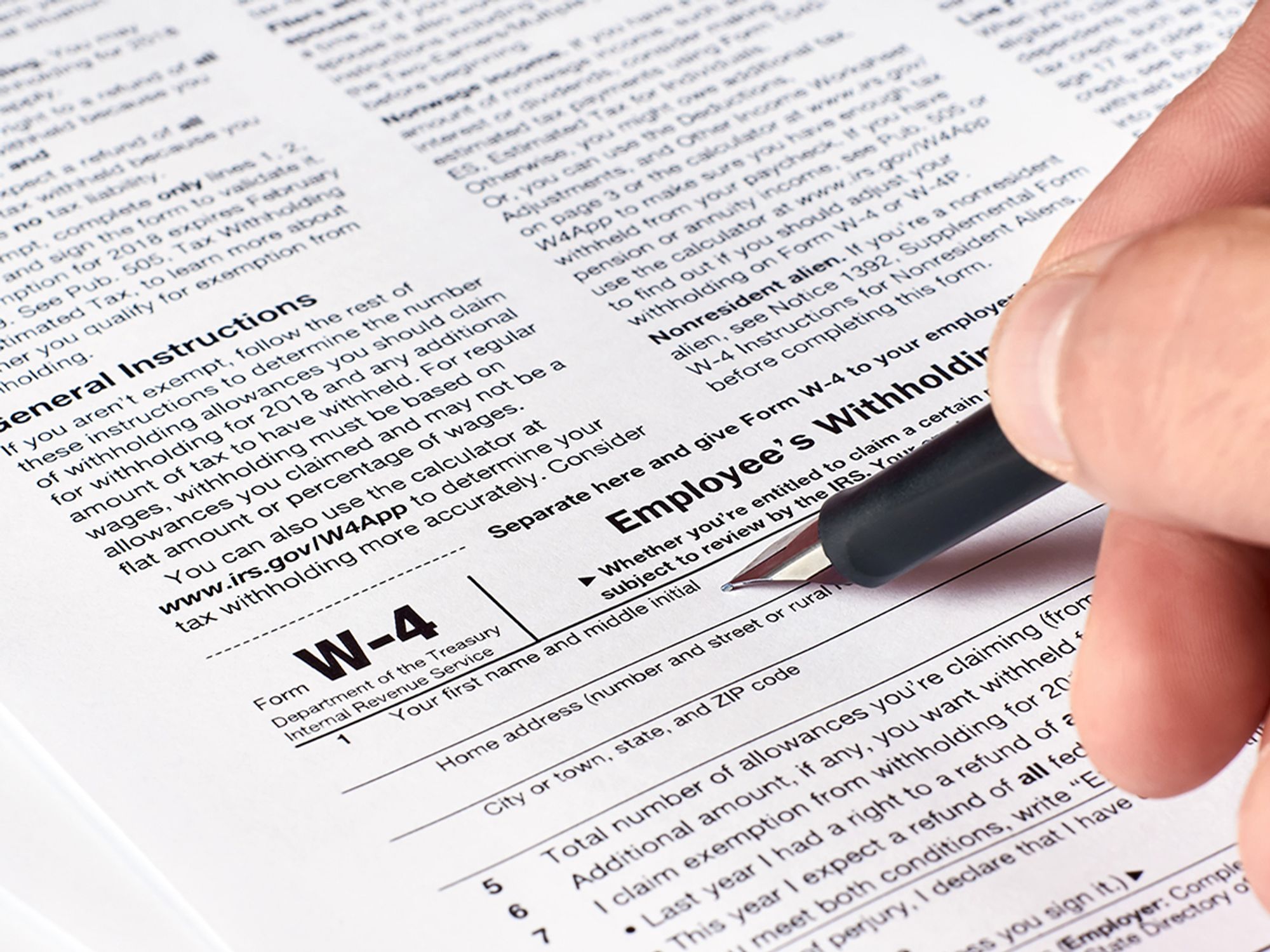Internal Revenue Service

- Employers are required to keep employment tax records of for at least four years.
Wages subject to federal employment taxes include all pay given to an employee for services performed. The pay may be in cash or in other forms. It includes salaries, vacation allowances, bonuses, commissions, and fringe benefits. It does not matter how the payments are measured or made. Also, compensation paid to a former employee for services performed while still employed is wages subject to employment taxes.
To know how much income tax to withhold from employees’ wages, the employer should have a Form W-4, Employee’s Withholding Allowance Certificate, on file for each employee.
The Internal Revenue Service (IRS) requires that employers keep all records of employment taxes for at least four years. These should be available for IRS review.
Records should include:
- Employer identification number (EIN);
- Amounts and dates of all wage, annuity, and pension payments;
- Amounts of tips reported;
- Records of allocated tips;
- The fair market value of in-kind wages paid;
- Names, addresses, social security numbers, and occupations of employees and recipients;
- Any employee copies of Forms W-2 and W-2c that were returned as undeliverable;
- Dates of employment;
- Periods for which employees and recipients were paid while absent due to sickness or injury and the amount and weekly rate of payments the employer or third-party payers made to the employees;
- Copies of employees’ and recipients’ income tax withholding allowance certificates (Forms W-4, W-4P, W-4S, and W-4V);
- Dates and amounts of tax deposits that the employer made and acknowledgment numbers for deposits made by Electronic Federal Tax Payment System (EFTPS);
- Copies of returns filed, including Form 941TeleFile Tax Records and confirmation numbers; and
- Records of fringe benefits provided, including substantiation.
